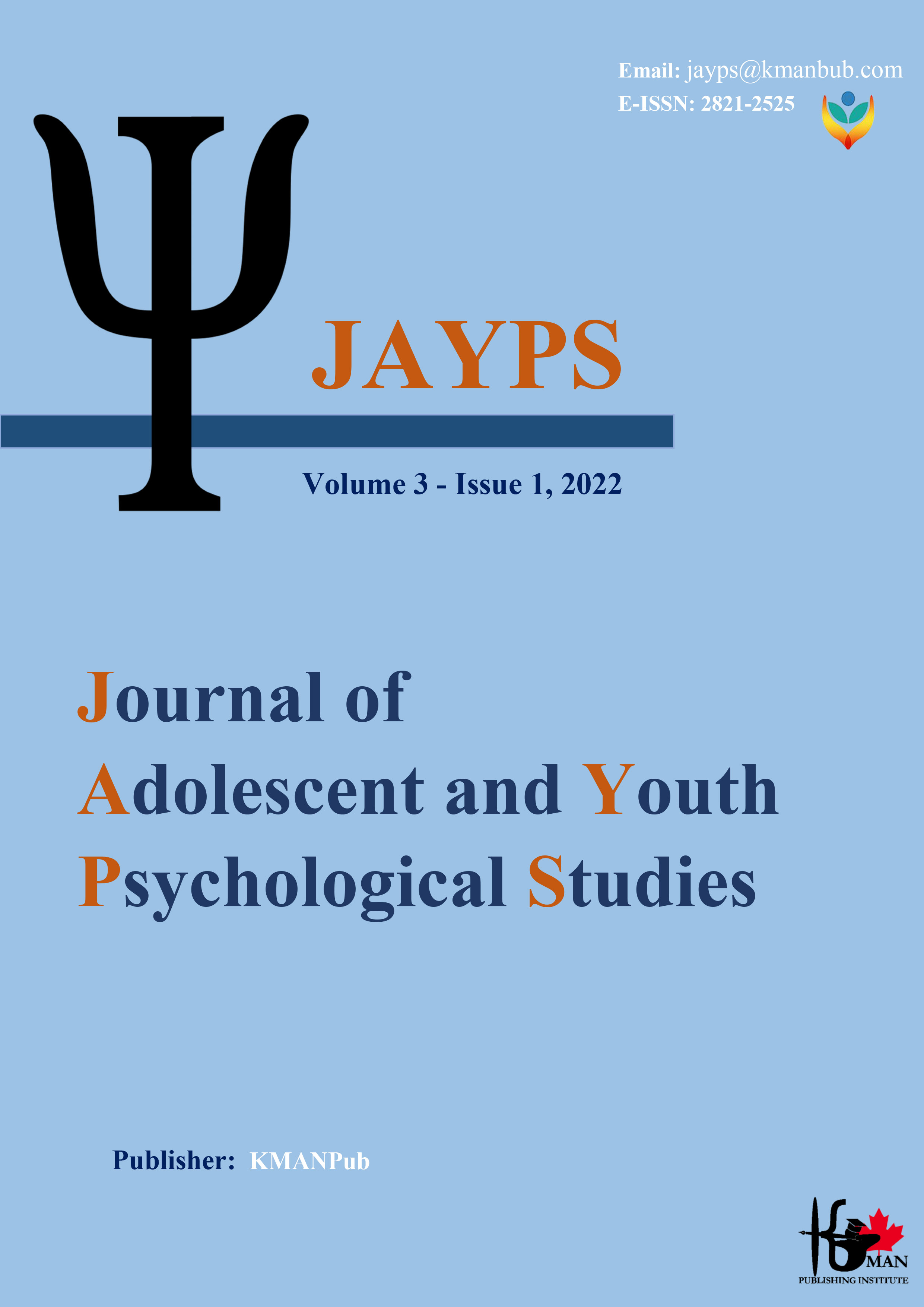Comparing the effectiveness of cognitive behavioral game therapy and education based on acceptance and commitment on cognitive flexibility and academic resilience in students with specific learning disorders.
Keywords:
Cognitive behavioral therapy game, acceptance and commitment, cognitive flexibility, academic resilience, learningAbstract
Background and Aim: Studies show the effect of learning disorder on cognitive flexibility and academic resilience of students. The purpose of this research was to determine the effectiveness of cognitive behavioral game therapy on cognitive flexibility and academic resilience of students with learning disabilities. Research method: In this research, a semi-experimental method and a pre-test and post-test design with a control group were used. The statistical population of this research included female elementary school students in six districts of Tehran, who had learning disabilities and were referred to learning disabilities rehabilitation centers. 60 students were selected by purposeful sampling and randomly without replacement in two groups (20 people in each group). Data were analyzed using covariance test at 5% level using SPSS-23 tool. Results: The results of the research showed that the adjusted average of the cognitive behavioral therapy game group was higher than the acceptance and commitment based training group, as a result, the cognitive behavioral therapy game has a greater effect on increasing the cognitive flexibility and resilience of students with specific learning disorders. It is committed to education based on acceptance and commitment. Conclusion: According to the results, this study shows that cognitive-behavioral game therapy and education based on acceptance and commitment have a positive effect on cognitive flexibility and academic resilience in students with specific learning disorders.
Downloads
Downloads
Published
Issue
Section
License

This work is licensed under a Creative Commons Attribution-NonCommercial 4.0 International License.









